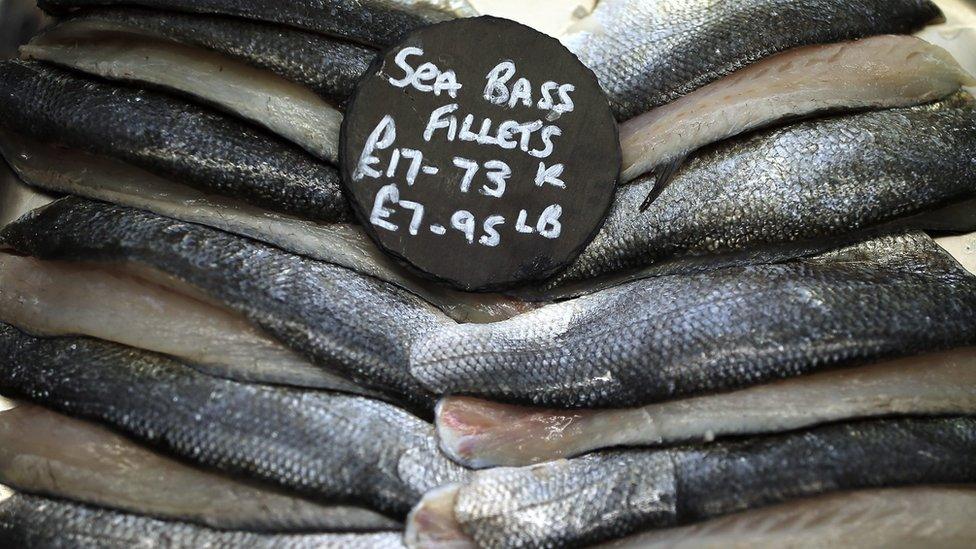Brexit: Fears shell fishermen 'will not survive' no deal
- Published
- comments
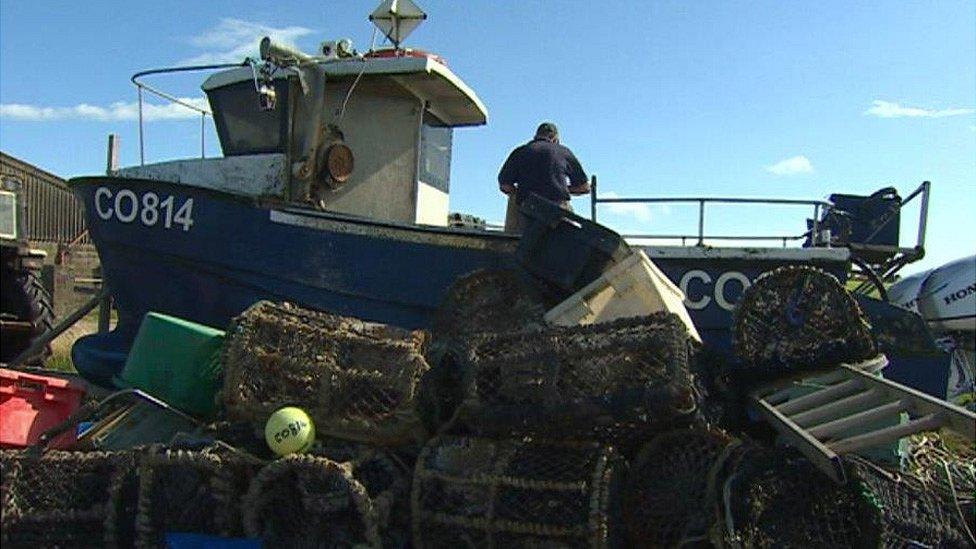
Sion Williams, a lobster and crab fisherman, said the shellfish business was vulnerable
Many of Wales' fishermen will "not survive" a Brexit no deal, it has been claimed.
The vast majority catch shellfish, exporting them live to the continent or further afield via EU trade deals.
The Welsh Fishermen's Association (WFA) warned "people would start going out of business" after just four weeks if custom checks and restrictions caused delays.
The UK government said it was "focused on getting the best possible deal".
Sion Williams, a lobster and crab fisherman, who works near Nefyn, Gwynedd said the sector was becoming increasingly concerned the UK would leave the EU without a trade deal.
While many fishermen still harboured hopes of increased quotas after Brexit, he said maintaining access to European markets and current income levels was essential.
"So much has been promised and people's hopes have been raised. I don't think anyone voted for things to get worse," Mr Williams said.
"Of all the food producers exporting to Europe, the shellfish sector would be the most vulnerable if we have no deal."
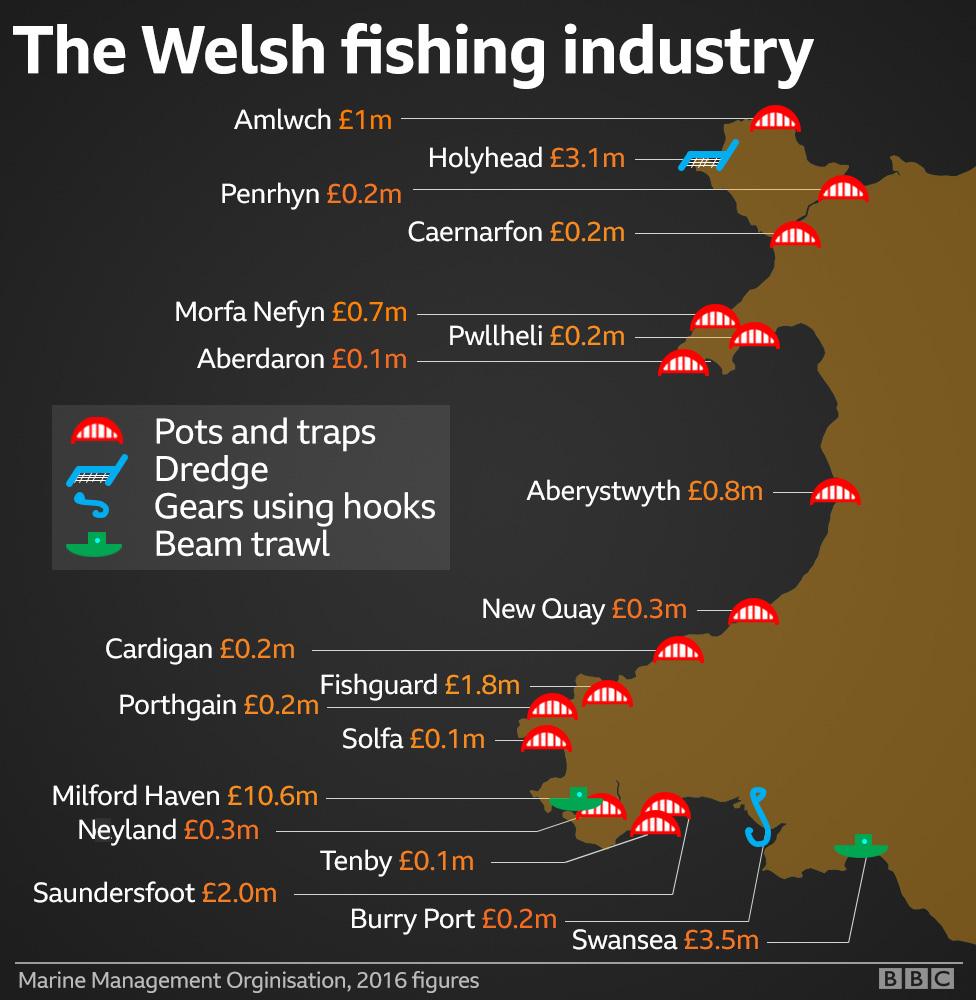
This map shows the value of landings around the coast of Wales and the type of fishing
Of the 451 vessels registered in Wales, 92% are small-scale, defined as under 10m in length, specialising in shellfish like lobster, crab, whelks and mussels.
In 2017, they landed £38.8m worth of produce, with 90% sold directly to EU markets.
"Any delay in the transit of these commodities will cause a lot of problems as they are live shellfish and they need to be supplied as soon as possible," Mr Williams said.
"If they're held up in ports, they can deteriorate, lose value and even die."
"It's been calculated that the industry would not be able to hold on more than four weeks of not being able to sell products into Europe. Because of the high cost of fishing enterprises, people expect to get a quick turnaround of money to support their businesses."
Financial assistance for fishermen would need to be considered by the UK and Welsh governments if the politicians failed to negotiate a trade deal, he argued.
As well as potential customs delays, Mr Williams said he understood tariffs of around 6% for crabs and 8% for lobster could be imposed.
One leading seafood restaurant chain in North Wales said it was preparing for the price of shellfish to rise after Brexit.
Shellfish on the menu at Dylan's Criccieth restaurant - the business appreciates the links to the local fishing industry
Gemma Webb, events manager at Dylan's - which has three sites in Criccieth, Menai Bridge and Llandudno - said it was vital to maintain a strong fishing industry because of the knock-on effect it has on other sectors such as tourism.
"In some ways it could be good for the local fishing industry because surely if it is more difficult to get produce from abroad lots of restaurants here will be buying from local producers," she said.
A Welsh Government spokeswoman said it had "repeatedly warned" against the impacts of a 'no deal' Brexit scenario to all industries in Wales, with the fishing industry particularly vulnerable.
"We are working hard with fishing communities to explore and, where possible, mitigate the impacts of a 'no deal' scenario but the threat is still very real," she said.
"We have always been clear that full and unfettered access to the EU market must be maintained and are making the case for this with the UK government as the trade negotiations develop."
A Defra spokeswoman said leaving the EU presented a "bright future" for the Welsh fishing industry and coastal communities and it was working with closely with the Welsh Government and other bodies to make the most of the "historic opportunity".
"We are focused on getting the best possible deal when we leave the EU, which includes safeguarding the interests of our iconic fishing industry and maintaining consumer choice," she said.
- Published13 February 2018
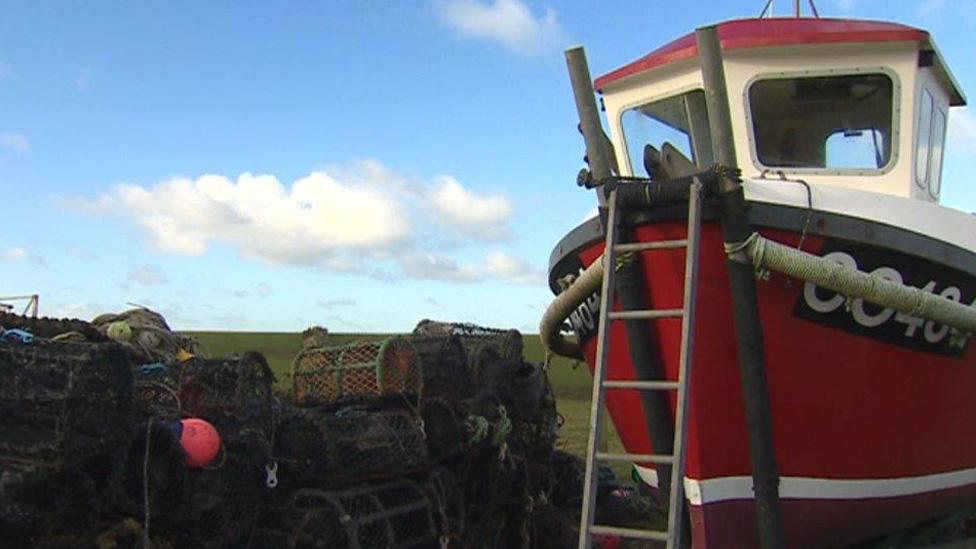
- Published13 February 2018
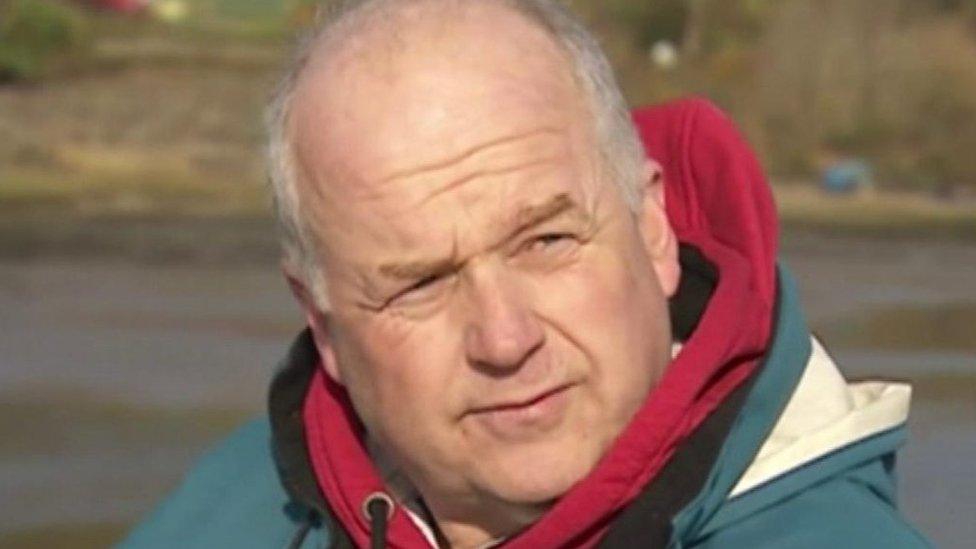
- Published3 October 2016
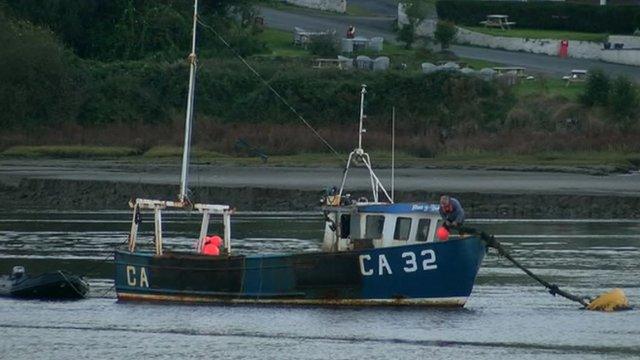
- Published4 July 2018
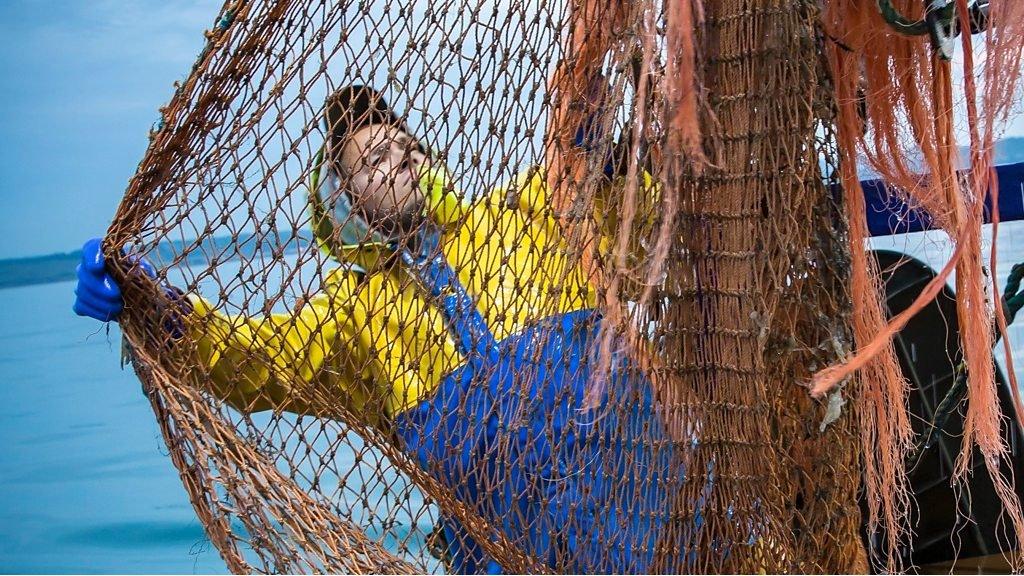
- Published31 May 2016

- Published16 July 2016
